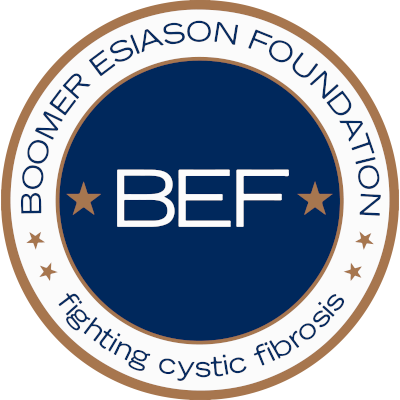A Food and Drug Administration advisory panel said March 8 that genetic tests directly marketed to consumers should be allowed only under a doctor’s supervision.
Personal testing, which is mainly available online from firms operating outside traditional medical institutions, can produce ambiguous or misleading results without proper analysis, panel members said.
“I would suggest that we are not ready yet to put this completely in the consumer’s hands,” said panelist Joann Boughman of the American Society of Human Genetics. “Each test is complex, and when you have each provider doing slightly different tests, it complicates it even more.”
For example, a consumer test to determine whether someone is a carrier for cystic fibrosis might not screen for all the genetic permutations that trigger the disease, meaning that a negative result could promote a false sense of security.
“It’s very dangerous to get a false reassurance when you don’t know about environmental and other risk factors,” said panel member George Netto of the Johns Hopkins School of Medicine.
The 21-member panel, predominantly a mix of physicians and academics, did not vote on specific questions during the first day of a two-day hearing that concludes Wednesday. But members expressed general agreement that doctors should be in charge of ordering and interpreting the tests.
The panel’s consensus on new regulations is not binding on the FDA, but the agency usually follows them.
Unlike genetic tests ordered by doctors, which are processed by a laboratory and delivered to the physician for review with the patient, direct-to-consumer testing allows individuals to get genetic information directly from a lab without involving a healthcare provider.
Advocates of testing say it allows consumers to take a better-informed role in their medical care.
“We’re not trying to substitute for a physician — we’re simply providing a service that doesn’t exist otherwise,” said Jeff Gulcher, cofounder of testing company deCODE Genetics Inc. of Reykjavik, Iceland.
Critics argue that personal testing still lacks the precision to be an effective mass-market healthcare tool.
Doubts were fueled in July by a Government Accountability Office report that found that different companies came to different conclusions about the meaning of the same DNA sample.
In one case cited by GAO investigators, four companies evaluating the same DNA reported variously that the person had a below-average, average and above-average risk for prostate cancer and hypertension.
Direct-to-consumer tests have been available online for several years, but assumed a higher public profile in May when Walgreen Co. announced that it would sell one brand of tests in its drugstores.
That prompted the FDA to declare that they needed to meet regulatory standards as medical devices.
Walgreen has shelved plans to sell the test in its stores until the regulatory uncertainty is cleared up, a spokesman said.
Source: Andrew Zajac, Los Angeles Times
